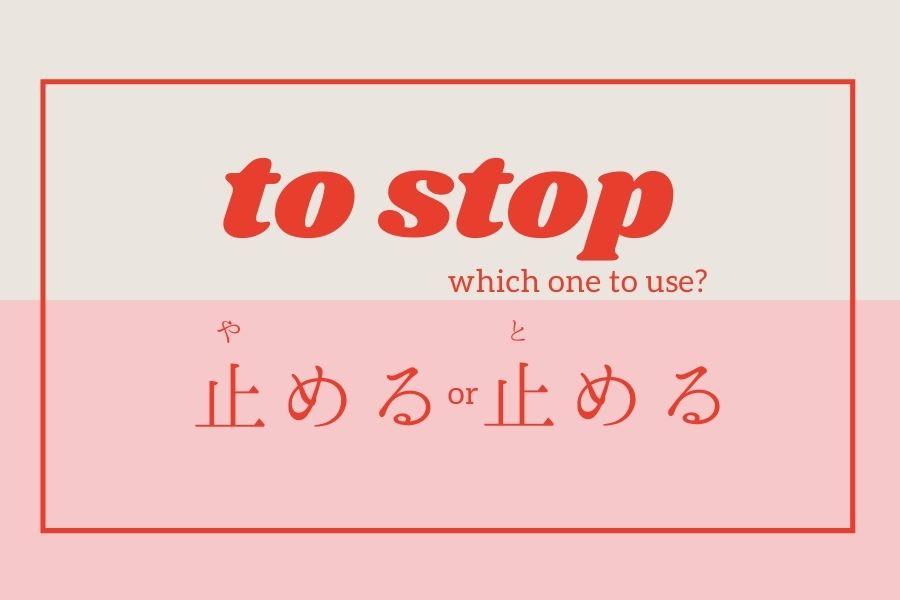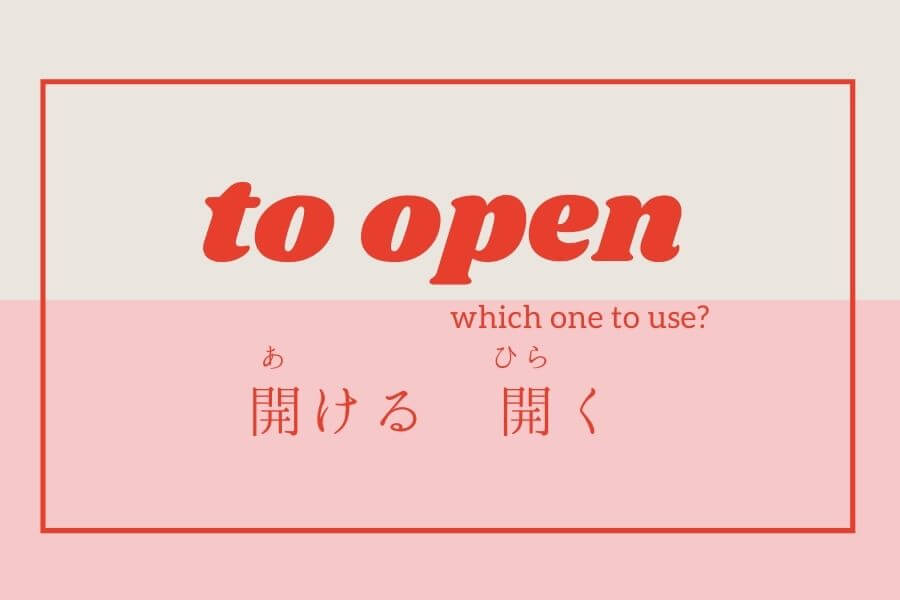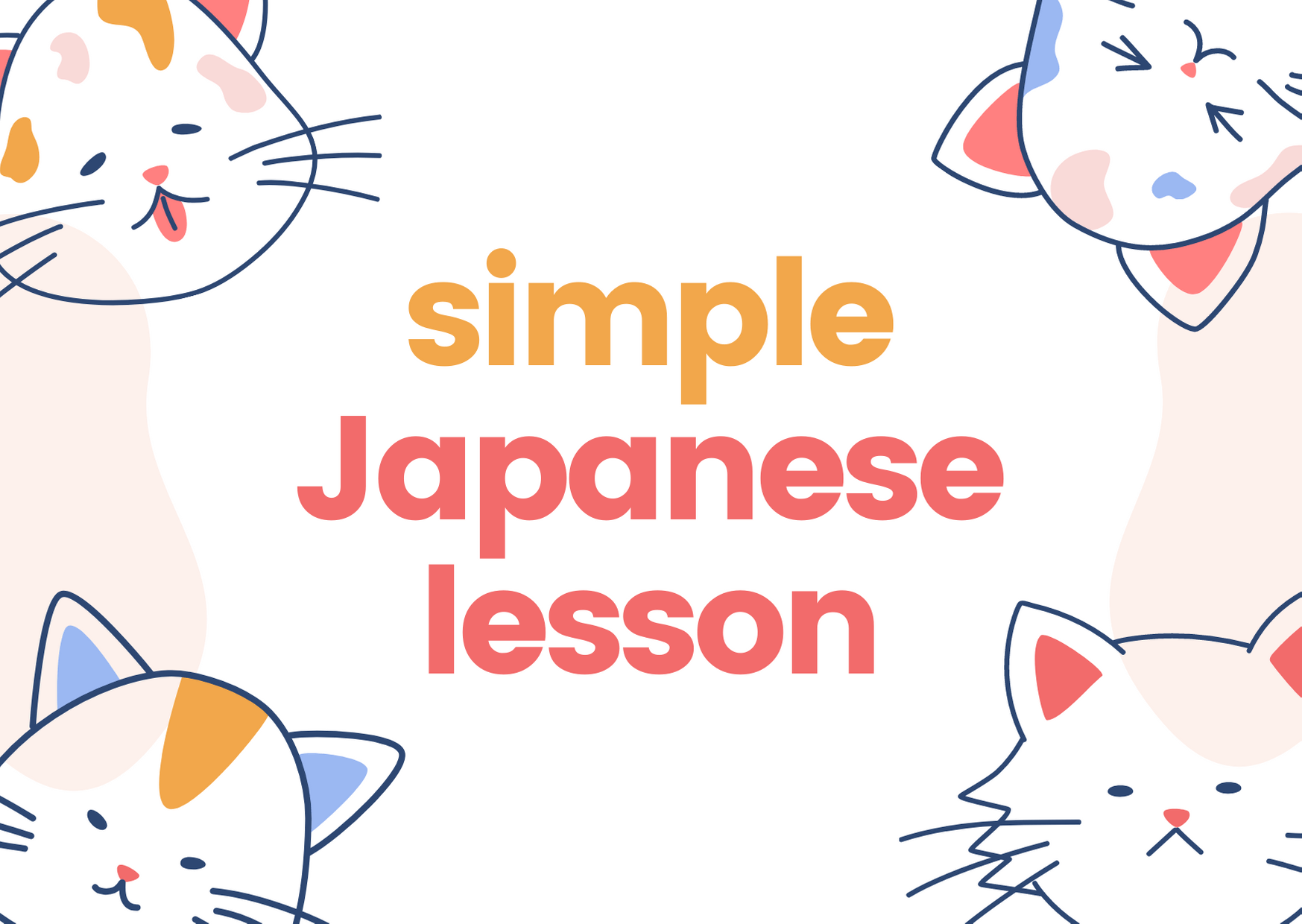Both やめる and とめる means to stop something, however there is a nuance. 止める(やめる) やめる means “to stop a behavior or action”. This can be translated to “to quit” as well. 止める(とめる) とめる means “to stop a movement”. Quiz 1. If you want to stop smoking, how do you say it in Japanese? 2. Let’s …




